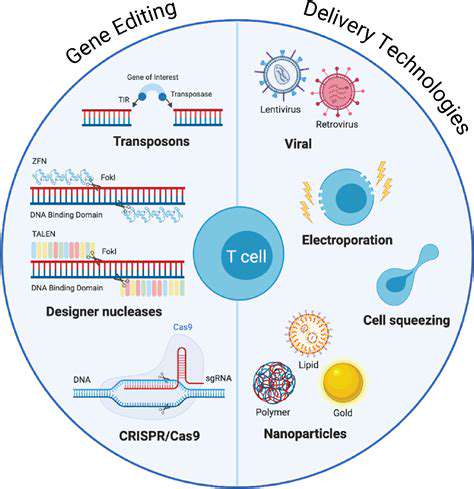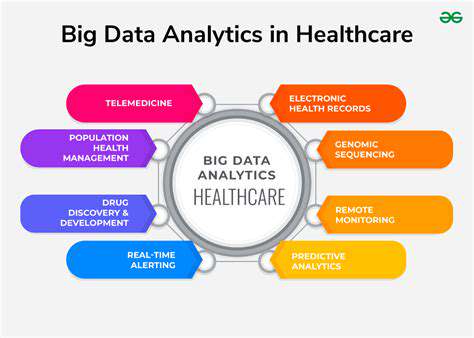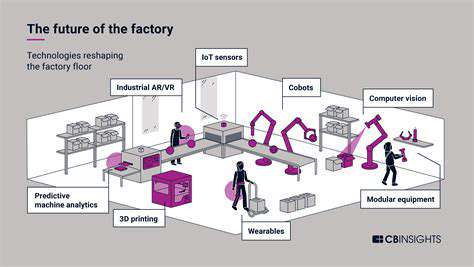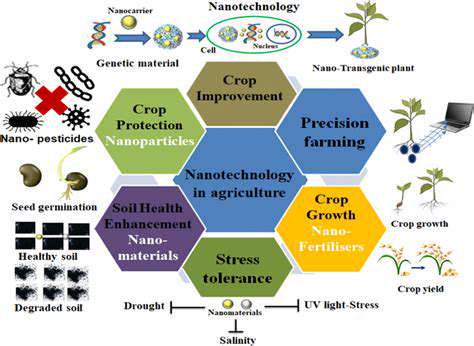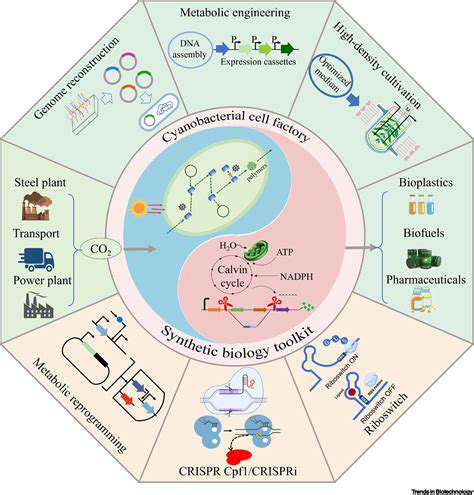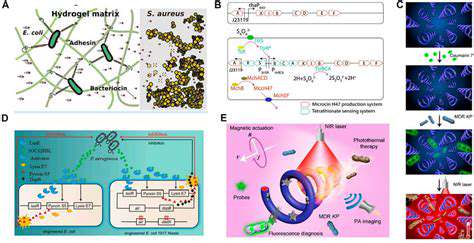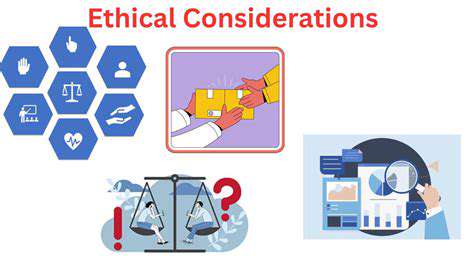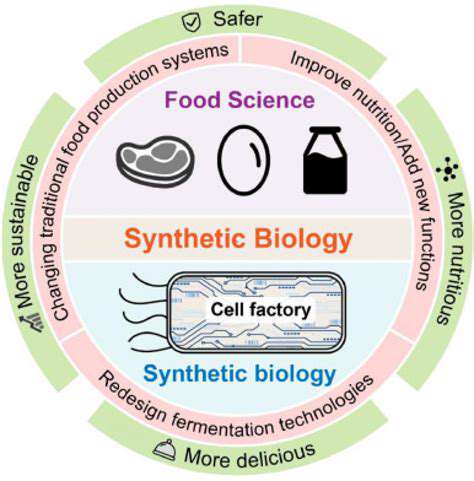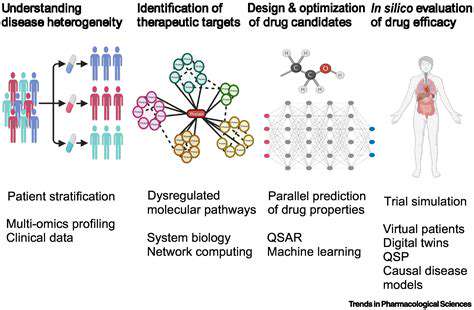Harnessing AI for Enhanced Drug Target Identification
Artificial intelligence (AI) is revolutionizing drug discovery by enabling faster and more efficient identification of potential drug targets. AI algorithms can analyze vast datasets of biological information, including genomic sequences, protein structures, and cellular pathways, to identify novel targets with high potential for therapeutic intervention. This accelerates the early stages of drug development, reducing the time and resources required to identify promising leads for further investigation.
By sifting through massive datasets, AI can pinpoint patterns and relationships that might be missed by traditional methods. This ability to analyze complex biological information is critical for discovering new drug targets, particularly for diseases with currently limited treatment options, leading to more effective and targeted therapies.
Predicting Drug Efficacy and Safety with Machine Learning
Machine learning (ML), a subset of AI, plays a vital role in predicting the efficacy and safety of potential drug candidates. ML algorithms can be trained on historical data of drug interactions and clinical trials to predict how a drug will behave in humans. This predictive capability allows researchers to prioritize drug candidates with a high likelihood of success and reduce the risk of costly failures in clinical trials. This ultimately saves time and resources by filtering out less promising candidates.
Automating High-Throughput Screening with AI
AI-powered automation significantly speeds up high-throughput screening (HTS) processes in drug discovery. Instead of relying on manual analysis of vast numbers of compounds, AI algorithms can quickly analyze the interactions between compounds and target proteins. This automation not only accelerates the process but also reduces the potential for human error, leading to more accurate and reliable results.
Optimizing Drug Design and Formulation with AI-Driven Approaches
AI algorithms can be used to optimize the design and formulation of drugs. By analyzing the structure and properties of various molecules, AI can suggest modifications that improve drug potency, bioavailability, and reduce side effects. This personalized approach to drug design leads to the development of more effective and safer medications.
Improving Clinical Trial Design and Analysis with Data Science
Data science techniques, often integrated with AI and ML, are instrumental in optimizing clinical trial design and analysis. AI can analyze patient data to identify relevant factors associated with treatment response, enabling the recruitment of patients more likely to benefit from the treatment. This enhances the efficiency of clinical trials and improves the reliability of results.
Accelerating the Drug Discovery Process through Enhanced Collaboration
AI and ML tools facilitate data sharing and collaboration among researchers, accelerating the drug discovery process. These platforms allow researchers to access and analyze vast datasets quickly and efficiently, fostering knowledge sharing and collaboration. This collective effort fosters a more efficient and comprehensive approach to drug discovery, leading to the development of life-saving therapies.
Ethical Considerations and Future Directions in AI-Driven Drug Discovery
The integration of AI and ML in drug discovery raises important ethical considerations regarding data privacy, bias in algorithms, and potential job displacement. Careful consideration of these factors is crucial to ensure responsible and equitable development and implementation of these technologies. Future research should focus on developing robust ethical frameworks to guide the use of AI in drug discovery and foster a collaborative approach that benefits both researchers and patients.
